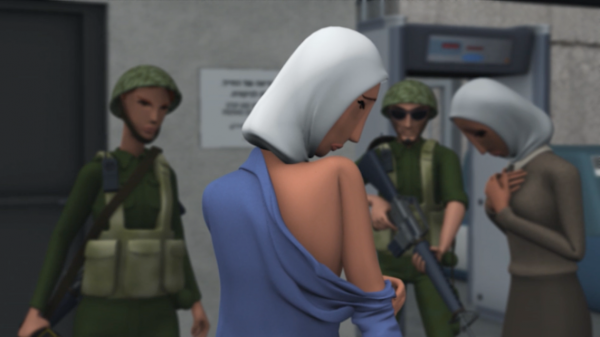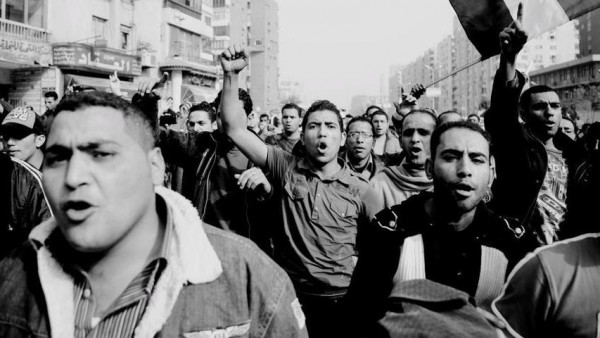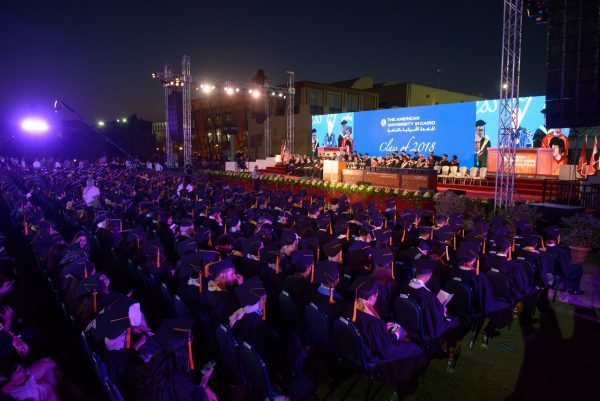Life and Death behind the Wall: The Truth about Healthcare in Occupied Palestine

By: Karim Mourtada
@ImKarimKop
Fatenah, an animated movie screened on February 20 as a part of the Palestine in Film series, left many in the audience in tears.
The film’s astounding depiction of the harsh reality of life and death in Gaza raises awareness of life under occupation.
Inspired by the real life events of a young Palestinian woman between 2005- 2006, Fatenah is written by Palestinian director Ahmad Habash.
The film, which was produced in 2009, portrays the struggles of a cancer patient who, because of her Palestinian nationality, is deemed unqualified to receive treatment outside of Gaza.
After having been denied access to proper treatment several times, Fatenah was finally granted a pass to Tel Aviv.
However, by that point she discovers that her illness has progressed and is terminal.
The movie, which was filmed entirely in the occupied territories, took over a year to be completed.
It sets animated characters against real life photographs of the occupied territories in the background to unsettle the audience.
By using animated figures, the movie shifts the focus away from Fatenah herself and instead towards the effects of the occupation on society as a whole.
The eventual death of the protagonist at the end left many in silence as they became unsettled by the outcome of the unfortunate story.
“I felt helpless, and to think that this is a common occurrence in Palestine makes me lose faith in humanity,” said audience member Malak Abdelkhalek, a freshman intending to major in integrated marketing communication.
Abdelkhalek added that the fact that Fatenah is Palestinian does not make her any less privileged to receive basic needs, such as treatment.
“The idea that a person would need special permits within their own country is quite mind-boggling, especially if it leads to the death of innocent people,” she added.
The World Health Organization (WHO) in Gaza supported the release of Fatenah from the outset because it addresses a real issue that many Palestinians have been facing in recent years.
Their report, published in 2011, outlines the implications of the Israeli blockade on Gaza’s health services.
The first is restrictions on imported medical equipment and spare parts.
Around one-fifth of all medical equipment in Gaza is inoperable or defective.
The second, and the focus of this movie, is travel restrictions that sometimes render it impossible for patients and medical staff alike to exit the Gaza Strip.
The third is limitations on import material that are required for the maintenance of hospitals and healthcare facilities.
The United Nations has called on Israel to lift the blockade and respect its fundamental obligations to the Palestinians as an Occupying Power.
These include the right to provide adequate healthcare and ensure humanitarian assistance.
The movie has won many awards including The London Palestine Film Festival in 2010 for Best Feature, The Palestinian Film Festival “Sydney, Melbourne and Adelaide” Award, The Noor Award and The Annual Arab Film Festival Award in 2009.
The Palestine in Film Series is an event organized by the Department of Middle East Studies and co-sponsored by the film program in the Department of Arts.
The series highlights the brutality of Israeli occupation in the Palestinian territories.




